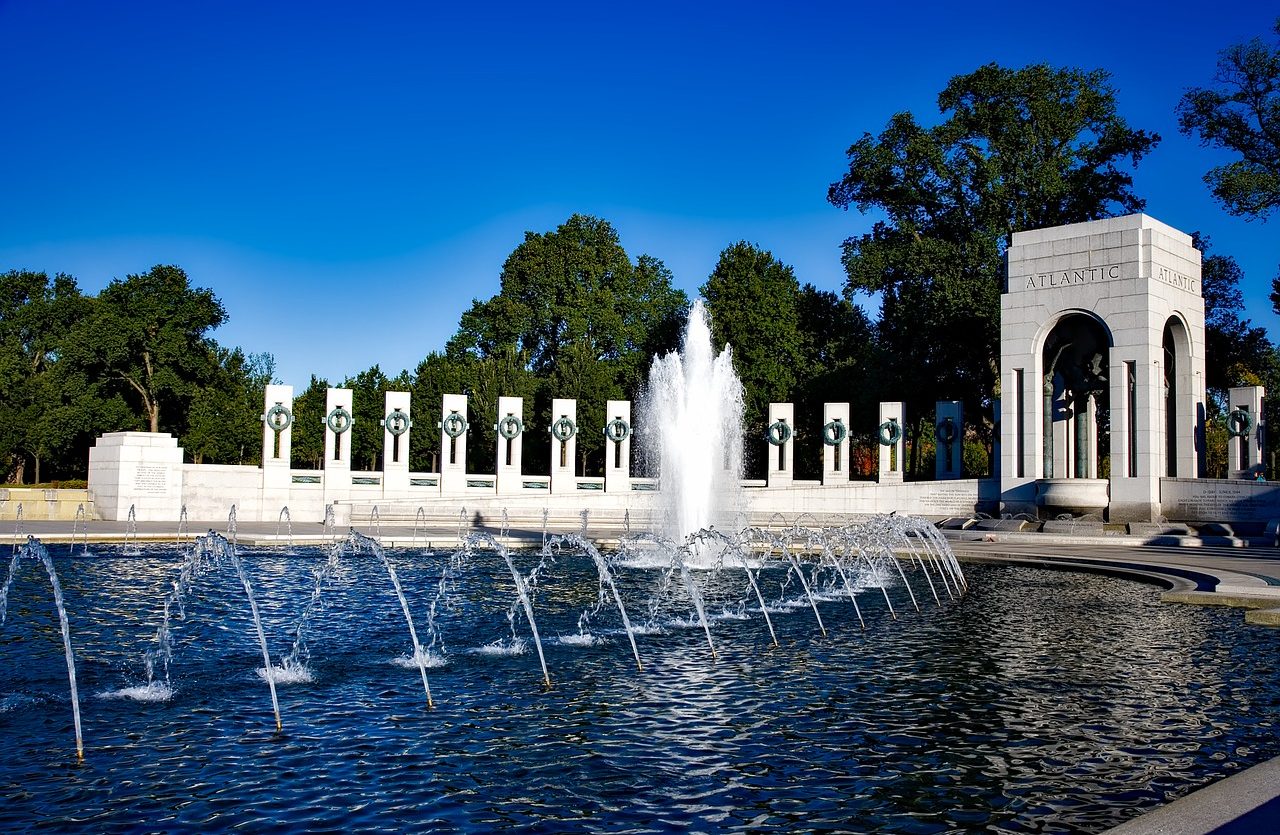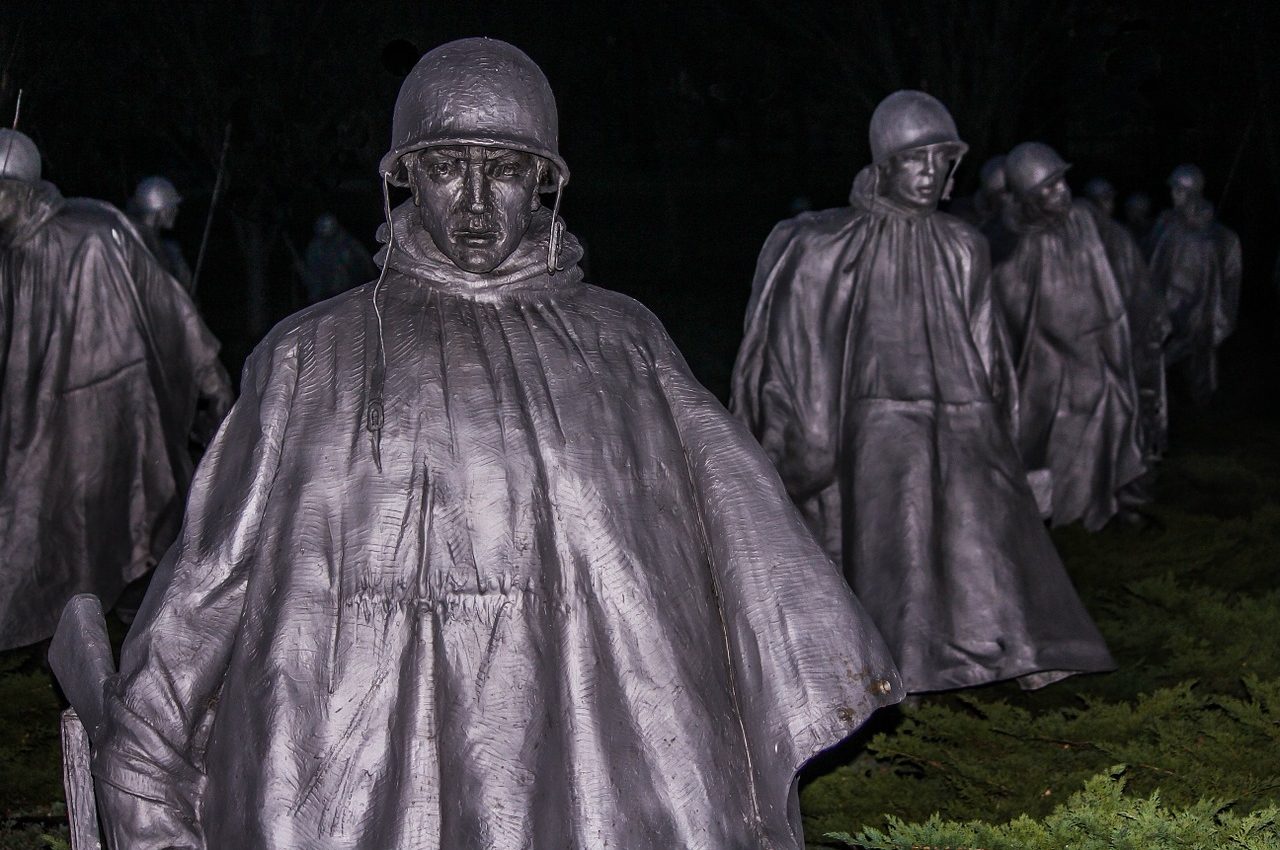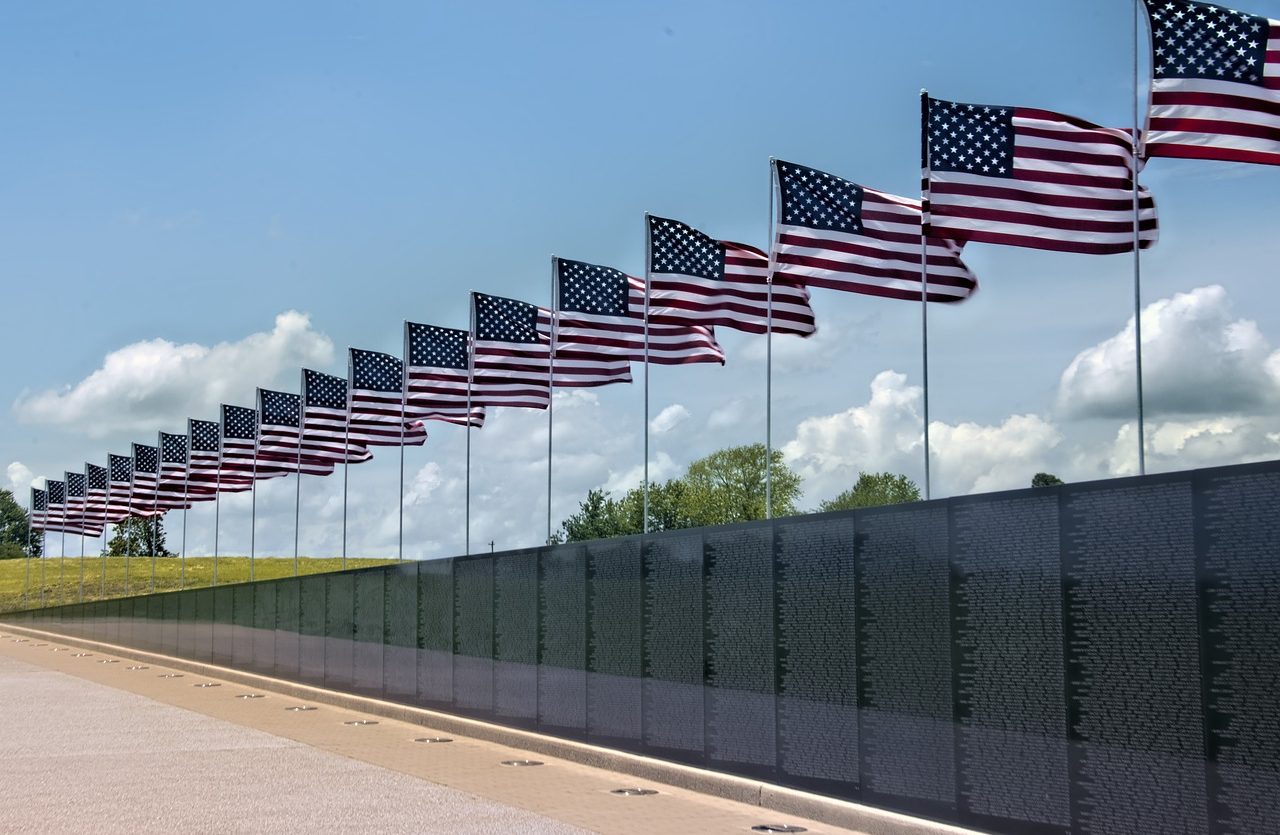Welcome To
VISITING VETERANS
A social instinct is implanted in all [people] by nature. . . .
—Aristotle, Politics, 350 B.C.E., Jowett (2009)
The scientific evidence is convincing. Strong social ties are good for one’s health.
—Lubben (2017)
Latest Update
Visiting Veterans is looking for participants in the Chapel Hill, NC area as we begin testing our program. If you are interested or know a Veteran in need of this program, please complete the contact form.
About Us

Combating Social Isolation and Improving Wellness Outcomes
Visiting Veterans (www.VisitingVeterans.org) is a North Carolina based 501(C)(3) charitable non-profit seeking to better connect multi-generational Veterans through a peer-to-peer system of education, support and companionship delivered and received within a network of understanding and empathetic Veteran participants helping fellow Veterans achieve measurable improvements in wellness as they remain socially engaged, independent, active, in their own homes as long as possible, and treated with dignity and respect.
Demonstrating the Need
- Social isolation significantly increases a person’s risk of mortality from all causes, a risk that may rival the risks of smoking, obesity, and physical activity (Holt-Lunstad et al., 2017);
- Being socially connected in a variety of ways is associated with having a 50 percent greater likelihood of survival, with some indicators of social integration being associated with a 91 percent greater likelihood of survival (Holt-Lunstad et al., 2010);
- Social isolation has been associated with a 29 percent increased all-cause risk for mortality and a 25 percent increased risk for cancer mortality (Fleisch Marcus et al., 2017; Holt-Lunstad et al., 2015);
- Loneliness has been associated with higher rates of clinically significant depression, anxiety, and suicidal ideation (Beutel et al., 2017);
- Loneliness has been associated with a 59 percent increased risk of functional decline and 45 percent increased risk of death (Perissinotto et al., 2012);
- Poor social relationships (characterized by social isolation or loneliness) have been associated with a 29 percent increased risk of incident coronary heart disease and a 32 percent increased risk of stroke (Valtorta et al., 2016a);
- Loneliness among heart failure patients has been associated with a nearly four times increased risk of death, 68 percent increased risk of hospitalization, and 57 percent increased risk of emergency department visits (Manemann et al., 2018); and
- Social isolation has been associated with an approximately 50 percent increased risk of developing dementia (Kuiper et al., 2015; Penninkilampi et al., 2018).
Services (Unique Model For Change)
This is a unique model that seeks to build companionship among a group of Veteran participants where traditional roles like Provider and Beneficiary don’t exist, and where the notion of giving and receiving is blurred when positive outcomes of improved wellness and social engagement are achieved by all participants.
Intervention Model Planning

Building the Intervention Model
We will rely on academia and best practices to craft an intervention strategy for the program.

Testing the Intervention Model
We will rigorously test our intervention strategy hoping to demonstrate positive improvements in wellness outcomes and reduced social isolation.

Deploying the Intervention Model
We will work to deploy our intervention strategy through a deliberate expansion and evaluation plan.
